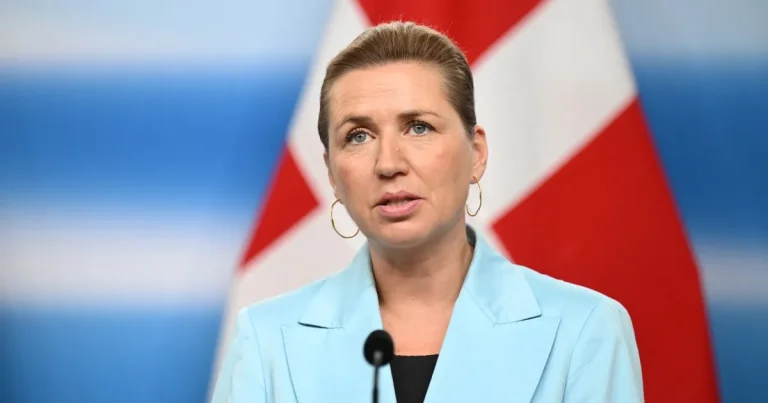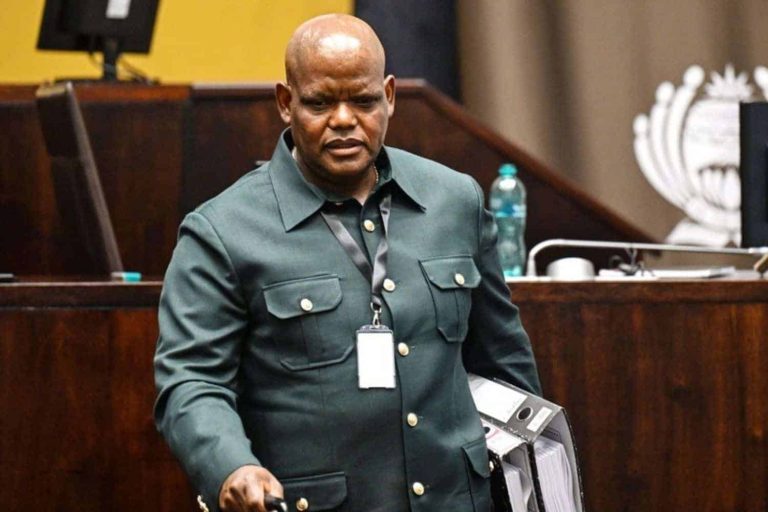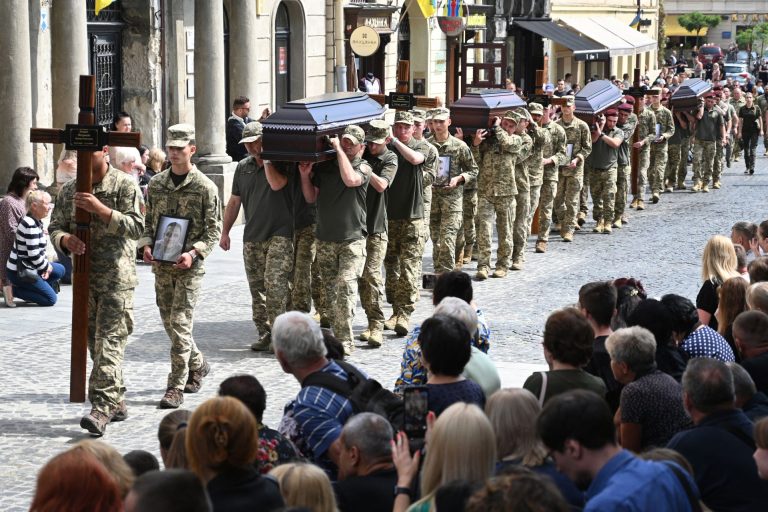The United Nations (UN) has said that no fewer than 1,364 children were recruited by armed groups in 2024 across six countries in West Africa. The global body also revealed that there were 466 cases of sexual violence and 14,364 school closures in the region due to insecurity within the period under review.
UN Under-Secretary-General and Special Representative of the Secretary-General for West Africa and the Sahel, Leonardo Santos Simão, made this revelation while delivering a keynote address at the Regional Conference on Combating Emerging Terrorist Groups and Strengthening Sustainable Security in the ECOWAS Region and the Sahel.
Simão, who stressed that West Africa and the Sahel have become the epicentre of global terrorism, regretted that these numbers represent stolen futures, fractured communities, and deepening fragility.
He said: “The global terrorism landscape is shifting at an alarming rate. According to the 2025 Global Terrorism Index, West Africa and the Sahel accounted for most of the fatalities in 2024—an increase from the previous year. Among the 10 countries most impacted by terrorism globally, five are in our region. The increase is not only in the number of attacks and victims, but also in sophistication, as groups forge alliances and expand their operational reach.
“Terrorist activities are also spreading into sensitive border zones, such as the Tambacounda region between Mali, Senegal, Guinea, and Mauritania, and into protected areas like Park W, Arly, and Pendjari, which straddle Benin, Burkina Faso, and Niger. These incursions threaten livelihoods, biodiversity, and eco-tourism—proving that no space is beyond the reach of violent extremism.
“We cannot ignore the impact of political tensions between neighbouring states in the region. These disputes undermine governance, erode cooperation, and create security gaps that terrorist and criminal networks exploit. Meanwhile, climate change continues to act as a threat multiplier—driving displacement, intensifying resource conflicts between farmers and herders, and forcing entire communities into precarious livelihoods.”
Terrorist groups, he said, exploit these vulnerabilities, embedding themselves in marginalised communities and using local grievances as recruitment tools.
In this context, the UN commended ECOWAS for its recent successful demarche with the Alliance of Sahel States (AES) to preserve the free movement of goods and people.
“This achievement shows that dialogue can still prevail, even amid profound political and security crises. The cooperation between ECOWAS and the African Union in counter-terrorism is showing positive developments, with the recent initiative to establish a Joint Threat Fusion and Analysis Cell to coordinate information and intelligence sharing between states,” he said.
He highlighted that terrorist organisations have shown a troubling ability to adapt—exploiting ungoverned spaces, inflaming community grievances, and employing advanced technologies such as drones, encrypted communications, and cyber tools to execute strikes with greater precision and heightened psychological impact.
The Commissioner for Political Affairs, Peace and Security at the ECOWAS Commission, Ambassador Abdel-Fatau Musah, represented by Dr Cyriaque Pawoumotom Agnekethom, said that fighting terrorism remains one of ECOWAS’s top priorities in achieving collective security as a foundation for regional stability, prosperity, and deeper integration.
“As a region and a continent, we must continually intercept and suffocate the supply chains on which terrorist networks thrive—such as weapons and ammunition, fuel for their vehicles, the illicit flow of funds through conventional and non-conventional platforms, drugs, and the control of dual-use items like fertilisers and batteries used to fabricate Improvised Explosive Devices (IEDs) and other accessories,” he stated.
The Chief of Defence Staff (CDS), Gen. Christopher Musa, stated that the activities of terrorists—ranging from kidnappings and banditry to transnational trafficking and violent radicalisation—pose direct threats to individual states and to the security and stability of West Africa and the Sahel as a whole.
For Nigeria, he said, the Armed Forces have been at the forefront of confronting these threats.
Represented by the Chief of Defence Operations, Maj. Gen. Emeka Onumajuru, the CDS revealed that from sustained counterterrorism and counterinsurgency operations in the North-East, to combating banditry in the North-West and violent extremism in the North-Central, Nigerian troops continue to make sacrifices to safeguard lives and preserve stability.



